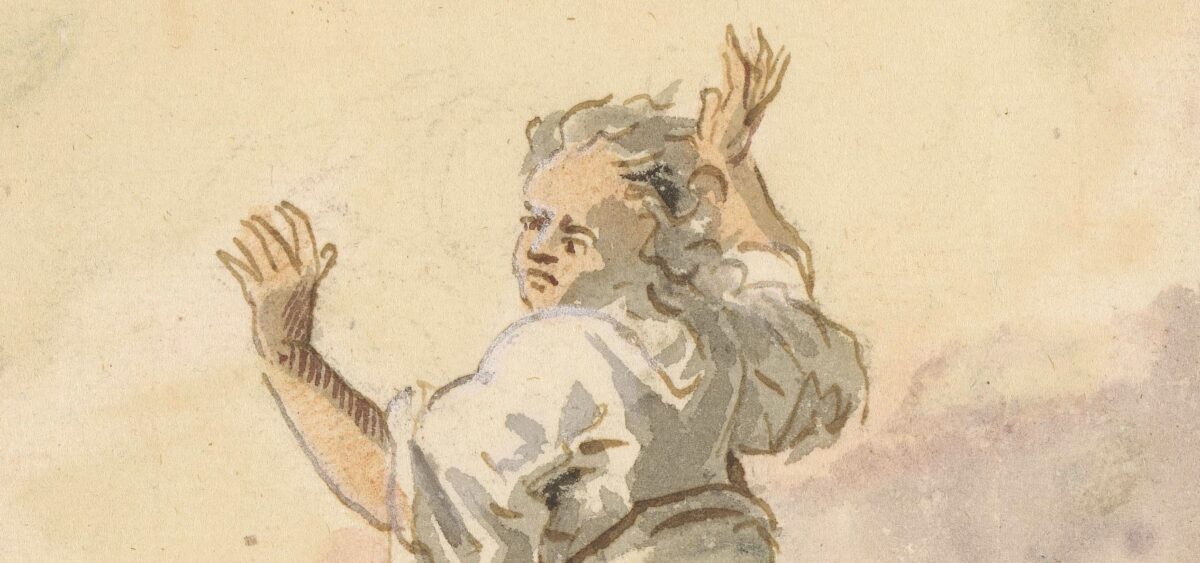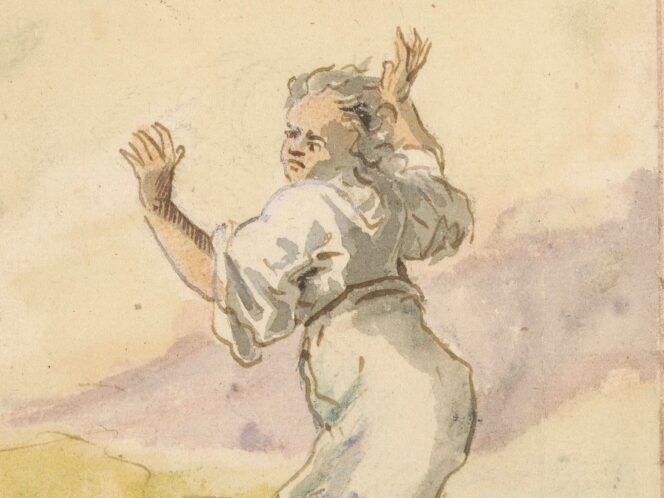
We may fear the same thing that our parents do, especially if we feel, to put it literally, their fear – because it has a distinct smell and it can be inherited. Jowita Kiwnik Pargana talks to Jacek Dębiec, a psychiatrist at the University of Michigan.
As a psychiatrist, Jacek Dębiec specializes in the therapy of fear and trauma; as a scientist he researches, among other areas, the smell of fear. I would like to find out if we really can sense someone’s fear and if its smell may cause our fear. I also want to understand what the mechanism of transferring fear from one generation to another consists of.
Jowita Kiwnik Pargana: What is the smell of fear?
Jacek Dębiec: Fear is passed on through olfactory stimuli that we wouldn’t refer to as smell. By smell, we usually refer to something that we can consciously sense: the smell of food, flowers, a meadow, a forest. The smell of fear is a combination of many smells. For example, when we are frightened, the level of stress hormones rises and we sweat more. This also contributes to a different smell of our body. In the animal world, fear is also communicated through pheromones. Research suggests that they can also play a certain part in transferring fear between humans, but we don’t experience them consciously, as they are odourless for us. Pheromones stimulate the nervous system, causing specific inner states. We can only realize the outcome of this stimulation – for example, a feeling of fear.
Does this mean that the smell of fear from others can also affect us?
Ways of communicating fear have been shaped by millions of years of evolution. For








